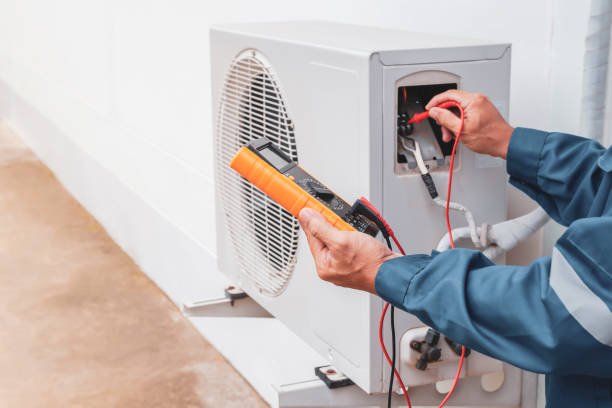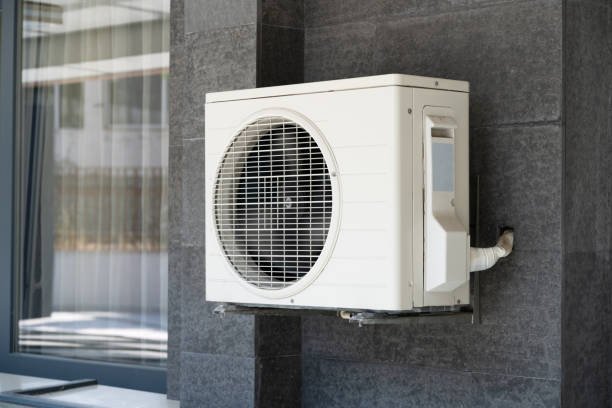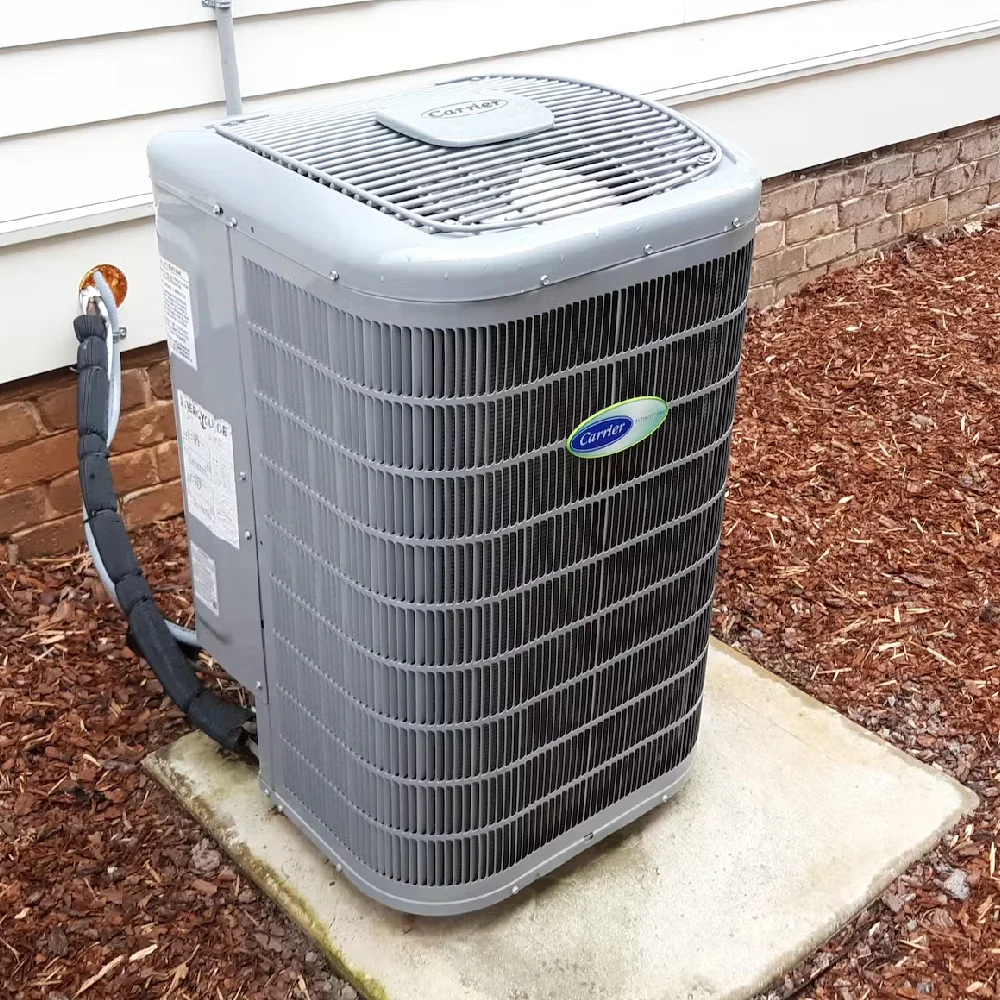Identifying the Most Expensive Component in an HVAC Unit
Introduction
When it comes to heating, ventilation, and air conditioning (HVAC) systems, understanding the components that contribute to the overall cost is crucial for homeowners and business owners alike. Whether you're looking into air conditioner service or contemplating an AC installation, knowing which parts of your HVAC system carry the highest price tag can help you make informed decisions about maintenance and repairs. This comprehensive guide dives deep into identifying the most expensive component in an HVAC unit, exploring the intricacies of each part, their functions, and their respective costs.
Understanding Your HVAC System
What Is an HVAC System?
An HVAC system is designed to regulate indoor climate by controlling temperature, humidity, and air quality. It includes various components such as:
- Heating units
- Ventilation systems
- Air conditioning units
Knowing how these elements work together can help you appreciate why certain components are more costly than others.
The Role of Each Component in HVAC Systems
Every component within your HVAC system plays a pivotal role in its operation. Here’s a breakdown:
Each part has its own cost implications, which will be discussed further in this article.

Identifying the Most Expensive Component in an HVAC Unit
The most expensive component in an HVAC unit typically varies based on the type of system installed and its configuration. However, one part consistently ranks at the top: the compressor.
Why Is the Compressor So Expensive?
The compressor is often considered the heart of any air conditioning unit. It’s responsible for circulating refrigerant through the system, enabling heat exchange and cooling. Here are several reasons for its high cost:
- Complexity: Compressors are intricate machines requiring precise engineering.
- Rarity: High-quality compressors are not mass-produced like other parts.
- Labor Costs: Installation or replacement requires skilled technicians who specialize in HVAC services.
Cost Breakdown of Major Components
Let’s delve deeper into how different parts contribute to overall costs:
1. The Compressor
- Average Cost: $1,500 - $2,500
- Replacement Difficulty: High
2. The Condenser Coil
- Average Cost: $800 - $1,500
- Replacement Difficulty: Medium
3. The Evaporator Coil
- Average Cost: $600 - $1,200
- Replacement Difficulty: Medium
4. The Expansion Valve
- Average Cost: $150 - $300
- Replacement Difficulty: Low
These estimates can vary significantly based on your location and whether you’re searching for “ AC repair near me” or “ air conditioning repair near me.”
Common Misconceptions About HVAC Costs
Misconception 1: All Components Are Equally Priced
Many homeowners assume all parts have similar costs; however, as we've seen, they can differ drastically.
Misconception 2: Maintenance is Optional
Regular maintenance can prevent major issues with high-cost components like compressors and coils.
Factors Influencing HVAC Component Costs
Several factors affect how much you'll pay for specific components:
- Brand Reputation
- Energy Efficiency Ratings
- Material Quality
- Warranty Terms
Understanding these factors may help you budget better when planning repairs or installations.

When to Consider Repairs vs Replacements
It's essential to discern whether you're better off repairing a failing component or investing in a new one altogether.

Signs You Need Repair Services
- Frequent breakdowns
- Inconsistent temperatures
- Rising energy bills
If you notice these signs, it's time to call for expert advice on AC repair or general HVAC services.
When to Replace Your System
If your unit is over ten years old and requires frequent repairs—especially on high-cost components—it might be time for a full replacement instead of investing further into repairs.
Finding Reliable HVAC Service Providers Near You
Locating trustworthy technicians is vital when it comes to repairs or installations. Here are some tips:
DIY Repairs vs Hiring Professionals
While some minor issues may be tackled independently with resources available online, significant repairs—especially concerning expensive components—should generally be left to professionals.
Pros of DIY:
- Cost Savings on Labor Fees
- Immediate Attention to Issues
Cons of DIY:
- Risk of Further Damage
- Lack of Professional Expertise
FAQs about Identifying the Most Expensive Component in an HVAC Unit
1. What’s usually the most expensive component in an HVAC unit?
The compressor typically ranks as the priciest part due to its complexity and critical role within the system.
2. How often should I schedule maintenance?
It’s advisable to schedule annual maintenance at least once per year for optimal performance.
3. Can I replace just one component?
Yes; however, if multiple parts fail simultaneously or show signs of air conditioner service Las Cruces Air Control Services wear, it may be more cost-effective to replace larger sections like entire coils or even whole systems.
4. How do I find reliable AC repair services near me?
Look for certified professionals with good reviews online and ask friends or family for their recommendations.
5. What factors affect repair costs?
Factors include brand reputation, warranty terms, labor costs associated with installation or replacement, and material quality used in repairs.
6. When should I consider replacing my entire system?
If your system frequently breaks down or shows inefficiency after ten years of use while facing costly repairs specifically on major components like compressors or coils—it might be time for a replacement rather than continuous investment into repairs!
Conclusion
Identifying the most expensive component in an HVAC unit allows you to make informed decisions regarding maintenance schedules and potential replacements down the line. With knowledge about each part's function and cost implications—particularly focusing on essential pieces like compressors—you’ll feel empowered when seeking out services such as “AC installation near me” or “HVAC repair.” By understanding both costs associated with various parts along with signs indicating need for attention—you’re not just saving money but also ensuring comfort within your living space throughout all seasons!